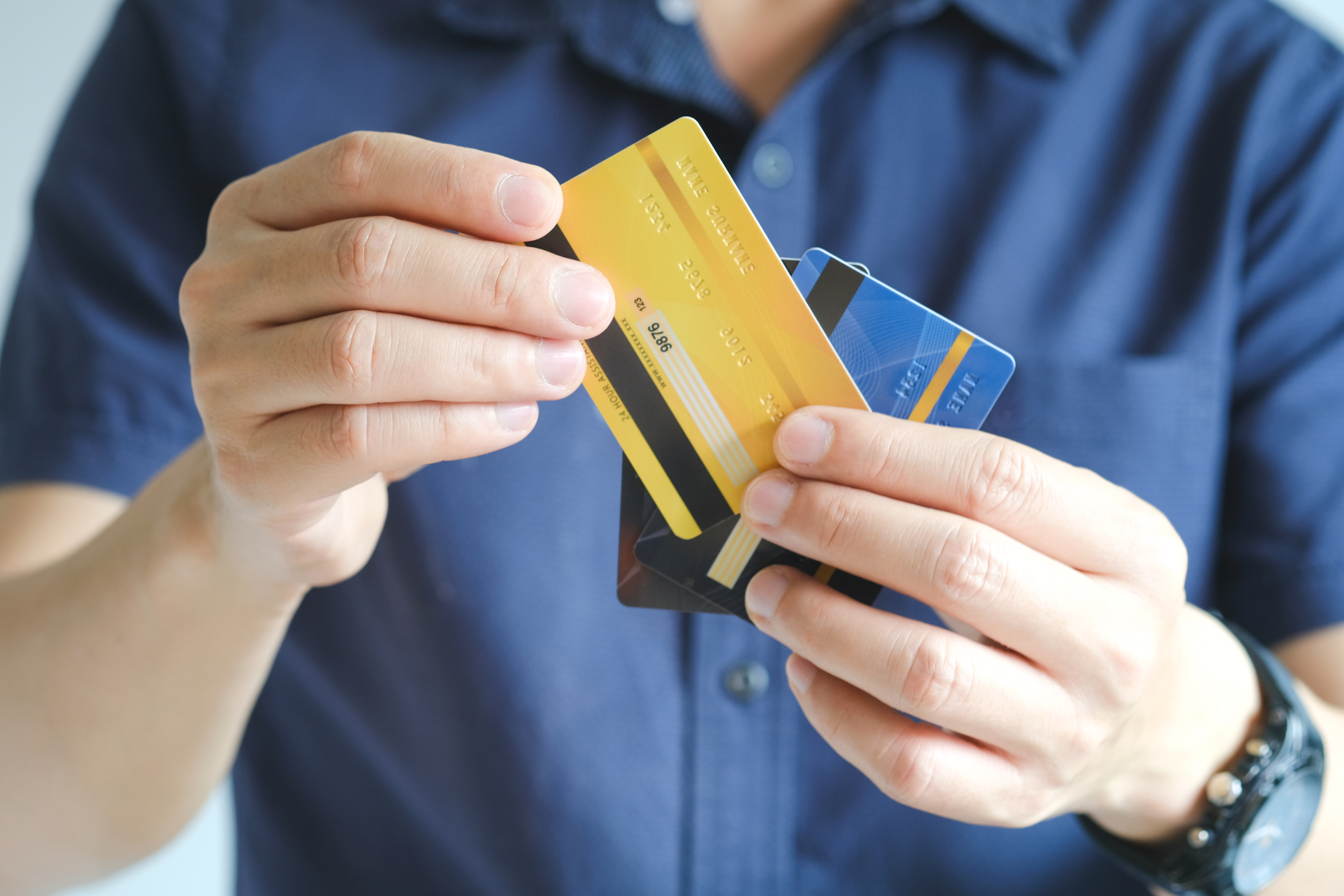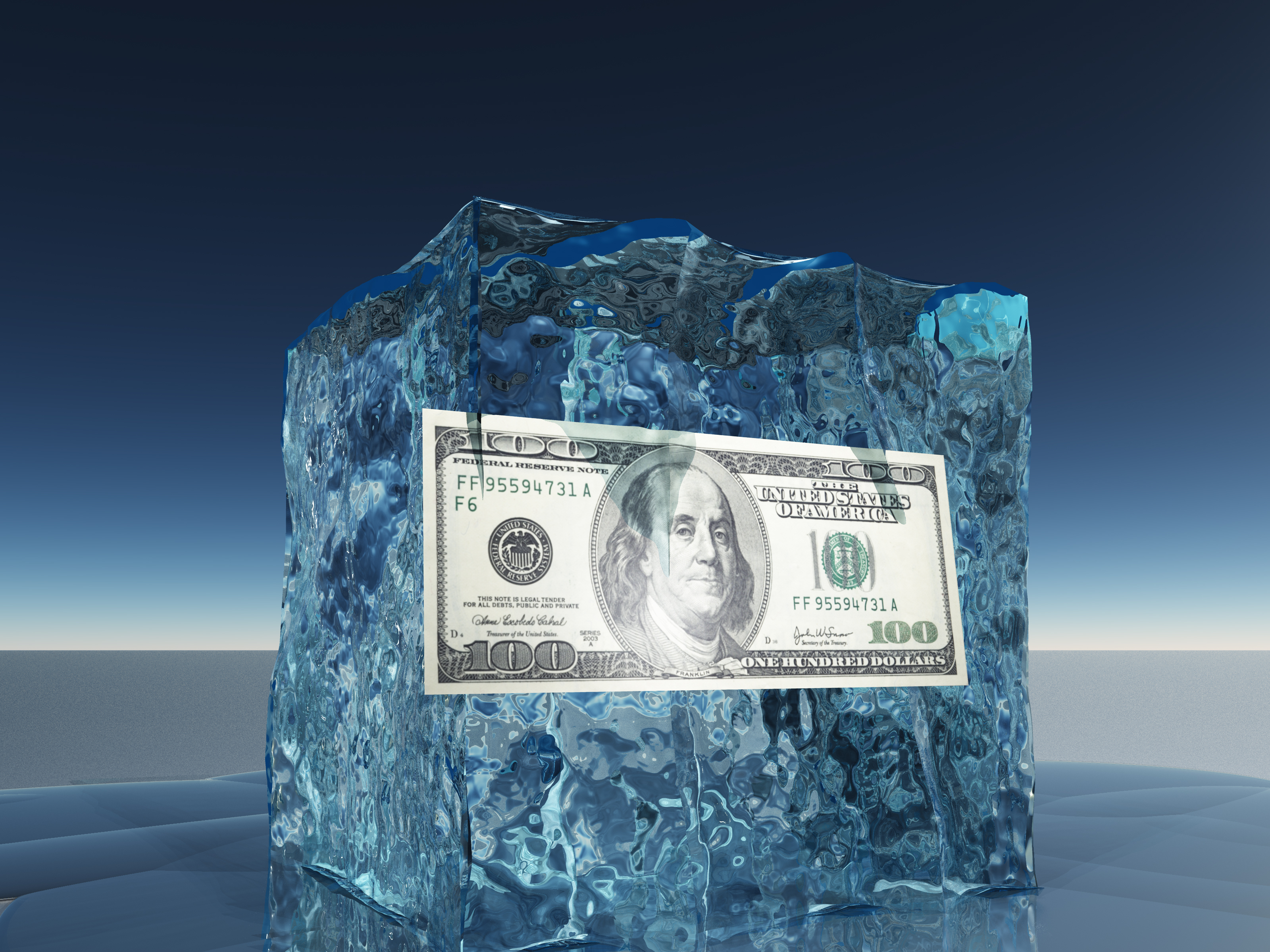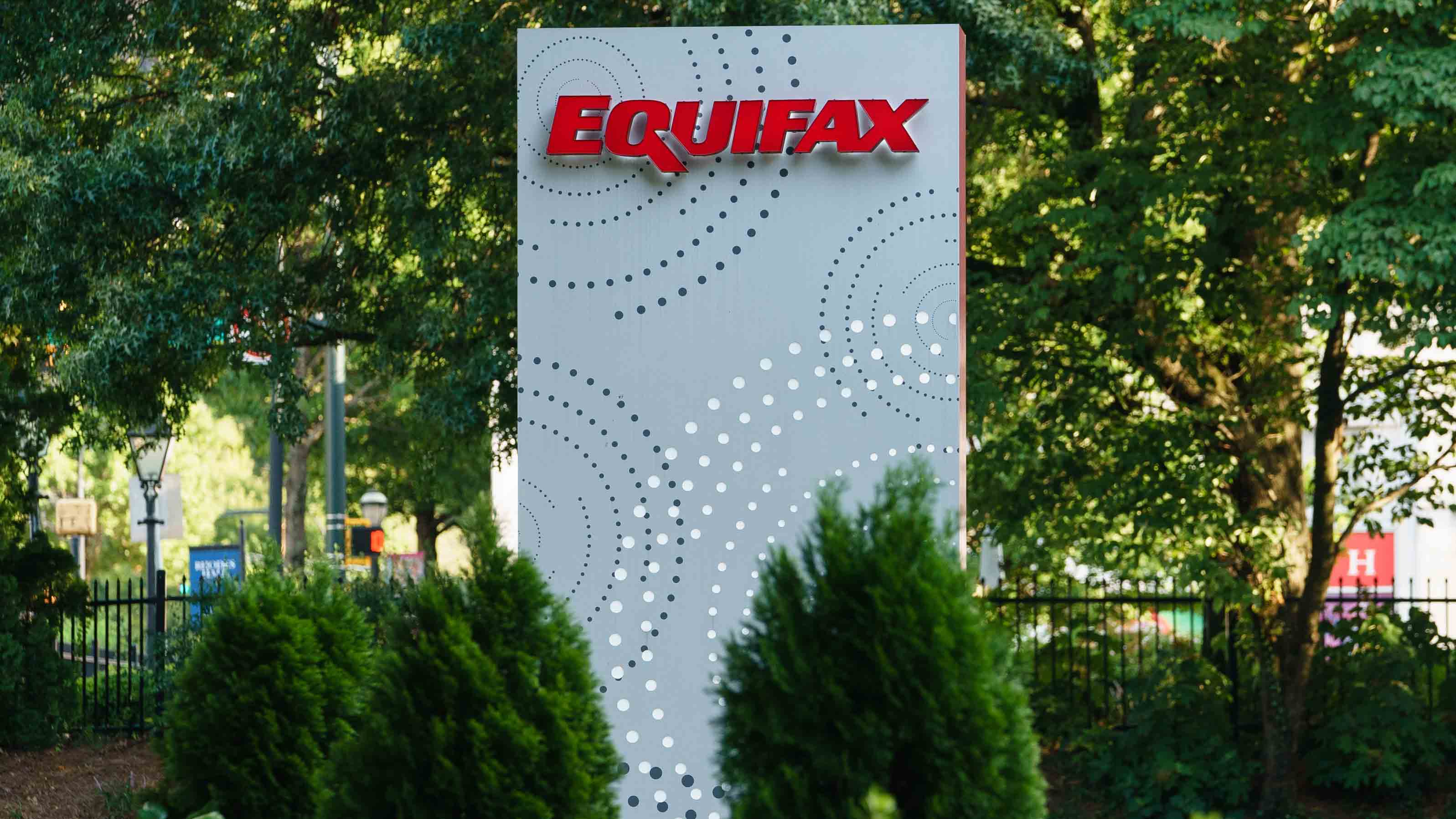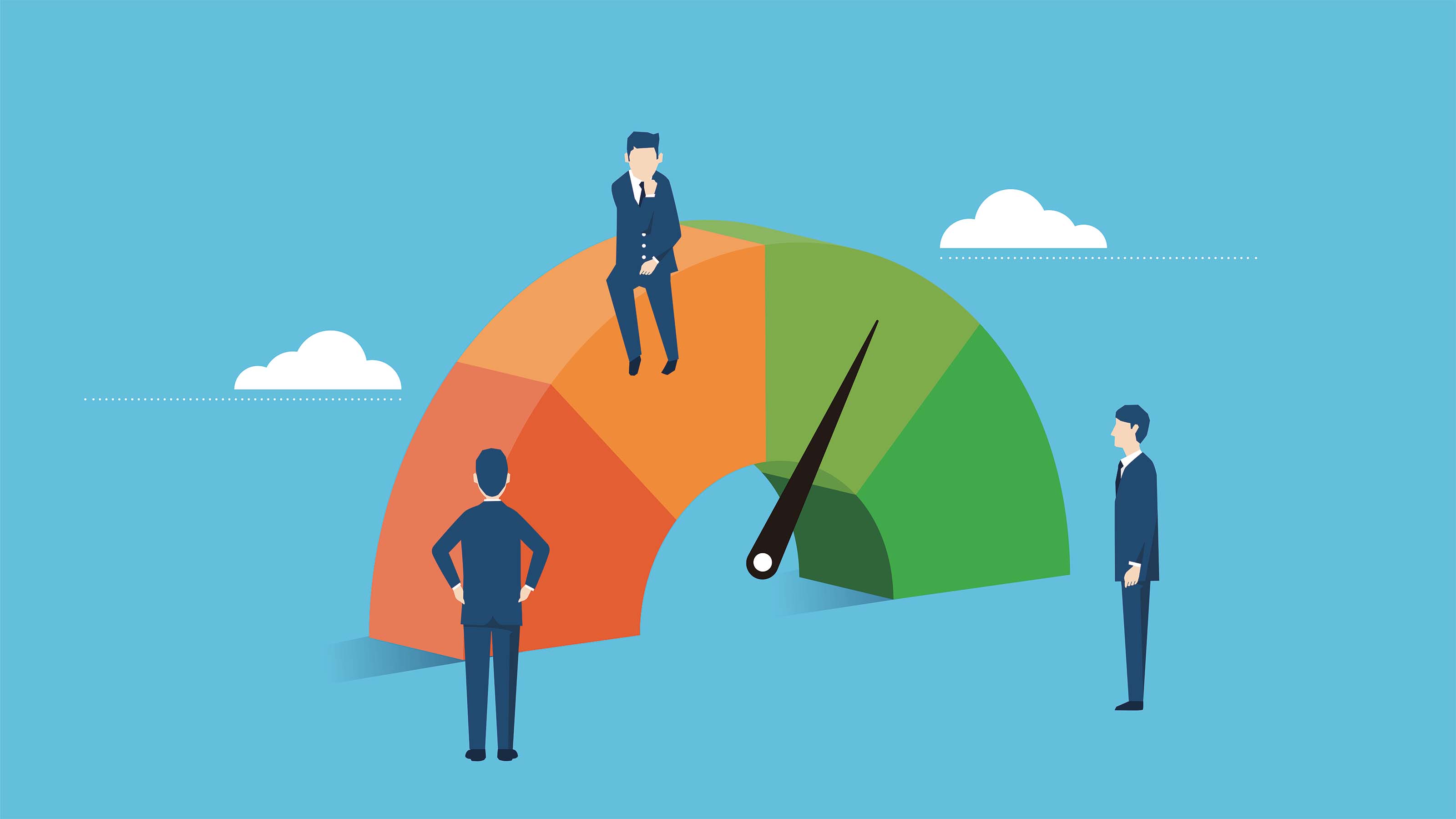Credit card delinquency expected to increase in 2023
Delinquency rates on personal loans and credit cards are set to rise this year.


Profit and prosper with the best of Kiplinger's advice on investing, taxes, retirement, personal finance and much more. Delivered daily. Enter your email in the box and click Sign Me Up.
You are now subscribed
Your newsletter sign-up was successful
Want to add more newsletters?

Delivered daily
Kiplinger Today
Profit and prosper with the best of Kiplinger's advice on investing, taxes, retirement, personal finance and much more delivered daily. Smart money moves start here.

Sent five days a week
Kiplinger A Step Ahead
Get practical help to make better financial decisions in your everyday life, from spending to savings on top deals.

Delivered daily
Kiplinger Closing Bell
Get today's biggest financial and investing headlines delivered to your inbox every day the U.S. stock market is open.

Sent twice a week
Kiplinger Adviser Intel
Financial pros across the country share best practices and fresh tactics to preserve and grow your wealth.

Delivered weekly
Kiplinger Tax Tips
Trim your federal and state tax bills with practical tax-planning and tax-cutting strategies.

Sent twice a week
Kiplinger Retirement Tips
Your twice-a-week guide to planning and enjoying a financially secure and richly rewarding retirement

Sent bimonthly.
Kiplinger Adviser Angle
Insights for advisers, wealth managers and other financial professionals.

Sent twice a week
Kiplinger Investing Weekly
Your twice-a-week roundup of promising stocks, funds, companies and industries you should consider, ones you should avoid, and why.

Sent weekly for six weeks
Kiplinger Invest for Retirement
Your step-by-step six-part series on how to invest for retirement, from devising a successful strategy to exactly which investments to choose.
Many more credit card holders will face serious credit card delinquency this year, in a report on the consumer credit market from TransUnion. In 2023, serious credit card delinquencies — usually defined as being more than 30 to 90 days late — are expected to rise from 2.1% to 2.60%, the highest they’ve been since 2010. Delinquency rates on personal loans are also expected to rise, to 4.3% from 4.1%.
Despite this, there are some bright spots in the report. Auto loan delinquency rates are expected to decline in 2023 and, despite everything, the survey shows that more than 52% of Americans are optimistic about their financial future in the coming year.
What credit card delinquency means for consumers
If you fail to pay your credit card bill on time, your account is considered “delinquent,” and if the overdue balance isn’t paid within 30 days, your credit score will be negatively impacted. If your account is delinquent for longer than 60 days, you’ll also be subject to a higher APR, and 90 days without paying could mean having your credit card closed and your debt sent to collections agencies, severely damaging your credit score.
From just $107.88 $24.99 for Kiplinger Personal Finance
Become a smarter, better informed investor. Subscribe from just $107.88 $24.99, plus get up to 4 Special Issues

Sign up for Kiplinger’s Free Newsletters
Profit and prosper with the best of expert advice on investing, taxes, retirement, personal finance and more - straight to your e-mail.
Profit and prosper with the best of expert advice - straight to your e-mail.
One of the main reasons cardholders are racking up a balance on their credit cards — and in turn failing to pay it off — is because inflation, multiple interest rate hikes and rising unemployment have been putting a strain on budgets. With the average credit card APR at 21.68% for new offers and 19.07% for existing accounts, it’s easy to see how payments add up over time.
These market forces and the rising popularity of Buy-Now-Pay-Later platforms can land consumers in debt that’s very hard to pay back.
Michael Hershfield, founder and CEO of Accrue Savings, says “Buy-Now-Pay-Later platforms make it easy for customers to overspend without realizing it. As a result, many customers face a silent accumulation of debt as they fail to meet payments and rack up on late fees.”
Accrue Savings created a “Save Now, Buy Later” platform for consumers as a way to avoid debt. With this tool, they can “save up for a specific purchase without debt, interest or late fees,” said Hershfield. This “allows consumers to plan for future purchases by saving up and paying less with the help of their favorite brands (like SmileDirectClub, Value City Furniture, and Solstice Sunglasses). One-time, recurring, and crowdfunded deposits allow consumers the flexibility to save at any pace in a new secure, rewarded, and stress-free way.”
Paying off credit card debt and emerging from serious delinquency, especially in the face of inflation, can be difficult. But, these tips on how to pay off credit card debt can help.
Profit and prosper with the best of Kiplinger's advice on investing, taxes, retirement, personal finance and much more. Delivered daily. Enter your email in the box and click Sign Me Up.

Erin pairs personal experience with research and is passionate about sharing personal finance advice with others. Previously, she was a freelancer focusing on the credit card side of finance, but has branched out since then to cover other aspects of personal finance. Erin is well-versed in traditional media with reporting, interviewing and research, as well as using graphic design and video and audio storytelling to share with her readers.
-
 Dow Adds 1,206 Points to Top 50,000: Stock Market Today
Dow Adds 1,206 Points to Top 50,000: Stock Market TodayThe S&P 500 and Nasdaq also had strong finishes to a volatile week, with beaten-down tech stocks outperforming.
-
 Ask the Tax Editor: Federal Income Tax Deductions
Ask the Tax Editor: Federal Income Tax DeductionsAsk the Editor In this week's Ask the Editor Q&A, Joy Taylor answers questions on federal income tax deductions
-
 States With No-Fault Car Insurance Laws (and How No-Fault Car Insurance Works)
States With No-Fault Car Insurance Laws (and How No-Fault Car Insurance Works)A breakdown of the confusing rules around no-fault car insurance in every state where it exists.
-
 TransUnion Fined $23M For Tenant Screening, Credit Freezes
TransUnion Fined $23M For Tenant Screening, Credit FreezesGovernment charges TransUnion over illegal rental background checks and security freezes on consumer credit reports.
-
 Credit Cards vs Charge Cards: What Are the Differences?
Credit Cards vs Charge Cards: What Are the Differences?All you need to know about credit cards vs charge cards — differences, pros and cons.
-
 How Many Credit Cards Should I Have?
How Many Credit Cards Should I Have?How many credit cards should you have? The answer isn’t as straightforward as you might think — it all depends on your financial situation.
-
 What Is a Good Credit Score?
What Is a Good Credit Score?Having a good credit score can save you hundreds, even thousands of dollars on credit cards, mortgages and other loans.
-
 Best Credit Cards for Bad Credit 2023
Best Credit Cards for Bad Credit 2023If used wisely, these credit cards can help you dig out of bad credit; you may even earn 2% cash back.
-
 How to Freeze Your Credit in Three Steps
How to Freeze Your Credit in Three Stepscredit & debt Freezing your accounts at the three major credit bureaus is the best way to prevent thieves from opening new credit accounts in your name.
-
 Did Equifax Botch Your Credit Score?
Did Equifax Botch Your Credit Score?credit score Equifax is in the news–yet again–this time for sending lenders the wrong credit score. Here’s how to find out if you were affected and what to do next.
-
 Two Updates to Credit Reports
Two Updates to Credit Reportscredit & debt The major credit bureaus are changing how they report information about medical debt and buy now, pay later.